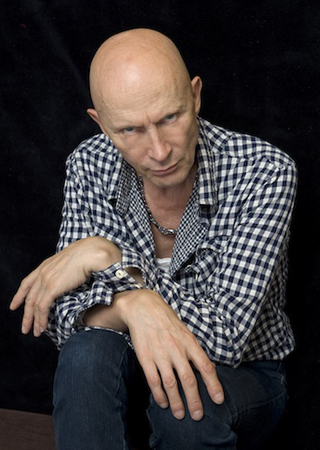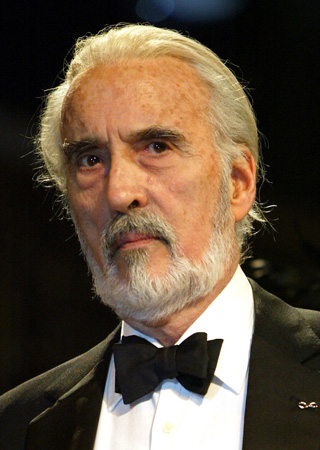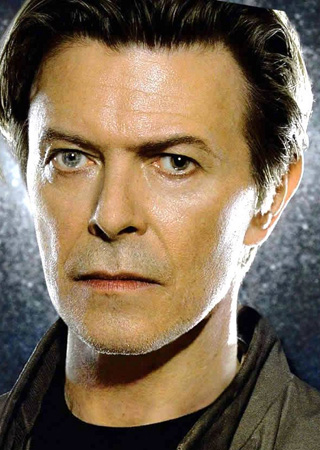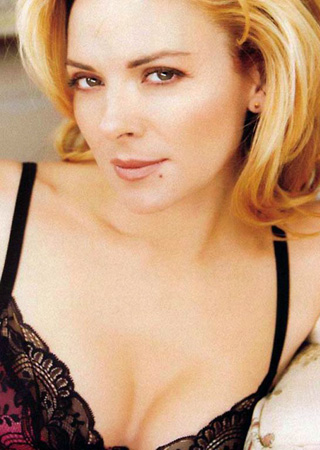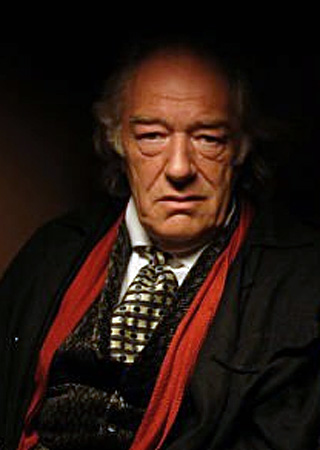Swapping blue chips for poker chips
Thousands headed to Las Vegas for the World Series of Poker, but for some the game may not be the best investment strategy
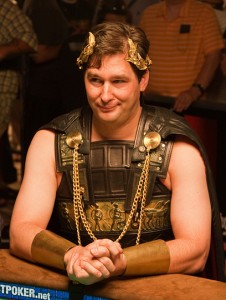
Phil Hellmuth as Roman emperor
IN LAS VEGAS the locals have a new term for betting. It’s not gambling, it’s a “contributory anti-recession programme”. Even the bell-boy who attends to your special-price Palazzo suite says not “have a nice day”, but “thank you for contributing to our economy”.They said Vegas would be recession-proof, that even in a downturn people would still gamble. They were wrong. Even as the largest private building project in US history, the $11bn City Center, rises above the Strip for its grand October opening, hotel occupancy is down from 90 per cent last year (95 per cent at weekends) to 84 per cent. Bad news for business, good news for visitors: even a top hotel such as the new Planet Hollywood (very popular with Brits) can be had for $70 on the discount websites.Yet one part of Sin City is still booming: poker.
I was there at the start of the 40th annual World Series of Poker, together with a posse from Betfair.com who sponsor the upcoming London competition (this month’s World Series of Poker Europe) to see just how big the game has become.The largest of the three tournament rooms at the Rio hotel has 150 tables of 10 players each, and would dwarf a football pitch. The rustling of chips sounds like a Biblical swarm of insects. The WSOP’s most successful player, Phil “Poker Brat” Hellmuth, arrives dressed as a Roman centurion attended by 100 female gladiators and muses.“We were worried,” admits WSOP communications director Seth Palansky. “We thought there might be just 40,000 entries, compared with 58,000 last year. We looked at hosting fewer events, making it just two weeks long; but in the end, we decided to make it the same as last year. And it’s paid off. The economy is having little or no effect on the tournament.”In the end, there are a record 60,875 entries from 115 countries. Over $174m in prize money is to be paid out over 57 tournaments. The overall winner of the coveted Main Event, to be decided on the final table in November, will receive $8m in cash.
Some players are hardened pros, for whom the $10,000 Main Event fee is less than they might bet on a single hand. But most of the 6,000-plus entrants, these days, are amateurs and semi-pros who have qualified via online “satellite” tournaments. Craig Burgess from Worcester is one. He entered a $540 tournament on Betfair.com, which won him a trip to Vegas and a 10-grand seat at the Main Event. “I’ve won these satellites for the last three years,” he says. “But sadly, if I have a weakness, it’s that I can be impetuous. I win online, but I’m not at my best in a seven-day live tournament.”Burgess got knocked out on Day Two in the end, but isn’t too downhearted. He makes enough money from online sports betting and occasional poker that he’s given up his day job altogether.All over Britain, it seems, adventurous souls are bucking the recession by playing poker – tax-free. Meanwhile, my carefully saved stock market investments have performed about as well as a one-armed juggler. Well I’ve had enough. I’m taking matters into my own hands. Instead of investing in blue chips, I’m going to invest in poker chips. I’ll take a bankroll of $1,000, and see what return I can get at the poker tables.
TIGHT AND LOOSE
In fact, the stock market and poker have a lot in common. “Buy when others are selling, sell when others are buying” is one trading maxim. Similarly in poker, you should play tight (ie betting only on the very best hands) when others are playing loose, and loose when others are playing tight. Both disciplines reward complex mathematical formulations as to size of investment/bet against expected return, as well as, occasionally, sheer gut instinct.Aaron Brown, an executive director at Morgan Stanley and a life-long poker player, says that “finance can only be understood as a gambling game”. In his book, The Poker Face of Wall Street, he maintains it’s no coincidence that poker and the futures market were both big in the American west in the 19th century.Phil “Unabomber” Laak is one top poker player who started out options trading in New York. Matt Glantz, Atlantic City’s top cash player, is another. Why shouldn’t I follow in their footsteps?I have a week in Vegas in which to show a profit on my grand. I start off playing cash at the Mirage casino, famous for its erupting volcano. I’m jet-lagged. I lose $124. Lesson one: don’t play when you’re not at the top of your game. A couple of days later, I feel ready for the Big One: a $340, deep-stacked tournament at the elegant Venetian-style casino.In any tournament, they raise the “blinds” (a forced bet you must make every round) at regular intervals to stop you sitting there forever waiting for Aces. In this one, they raise the blinds more slowly, favouring the more skilful and patient player.Which, for a while, is what I am. I bet the good hands that I do get aggressively. When I go “card-dead” for a while, I manage a couple of bluffs when I spot other players betting weakly. But after eight hours’ play, it all goes horribly wrong. I have A3 of clubs, and I’m hoping for two clubs to come up on the flop. They do! According to the statistics, there is now a one in three chance of a fifth club giving me a winning flush by the final “river” card. I call a big raise of 10,000. Bad move. Because now a third player re-raises another 15,000.
FLUKING A FLUSH
The way he’s betting, the way the board looks, I’m certain he has three of a kind. Do I fold, and wave goodbye to the 15,000-odd chips I’ve invested in this hand, leaving me with just 35,000? Or do I go all-in, giving myself a third chance of fluking a flush and earning a monster chip stack of 110,000?I think for so long that they call a “clock” – that’s when the pit boss comes over and counts down a minute in which you must act. I should fold… but damn it, I came here to win. I need that huge chip stack. Death or glory! Better to burn out than fade away! “Five, four, three, two…” counts the pit boss. “All in,” I say, and push all of my chips into the centre.My opponent smiles… calls… flips over three of a kind. Fine. As expected. Now come on, just one more club to win. The turn card is dealt… then the river card… no club.I’m out.Number 150 out of 660 starting players. No one at the table meets my eye. It’s clear that my move was not brave and commanding as I had hoped, but ridiculously risky. As a poker-player, it seems I’m less Warren Buffet, and more Nick Leeson.The rest of the week doesn’t get much better. I play eight hours a day, but despite a couple of victories, I end up not growing my $1,000 bankroll, but shrinking it to… $0. Maybe it was unwise to play poker the week that Vegas’s tables are stacked with the world’s finest players. Or just maybe I can do better at the WSOP Europe. Either way, the stock market can breathe easy. I won’t be converting my unit trusts to chips just yet.
The World Series of Poker Europe presented by Betfair is at the Empire Casino, Leicester Square, 17 September to 1 October, www.wsope.co.uk. For the chance to win a £20,000 package to the WSOPE Main Event from as little as £2.20, see wsope.betfair.com

